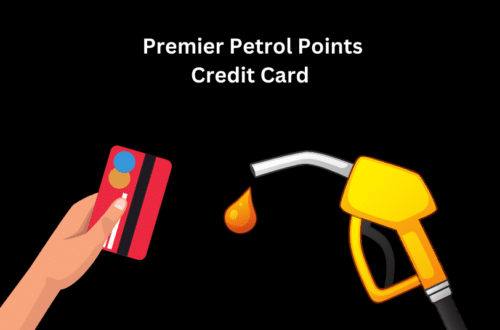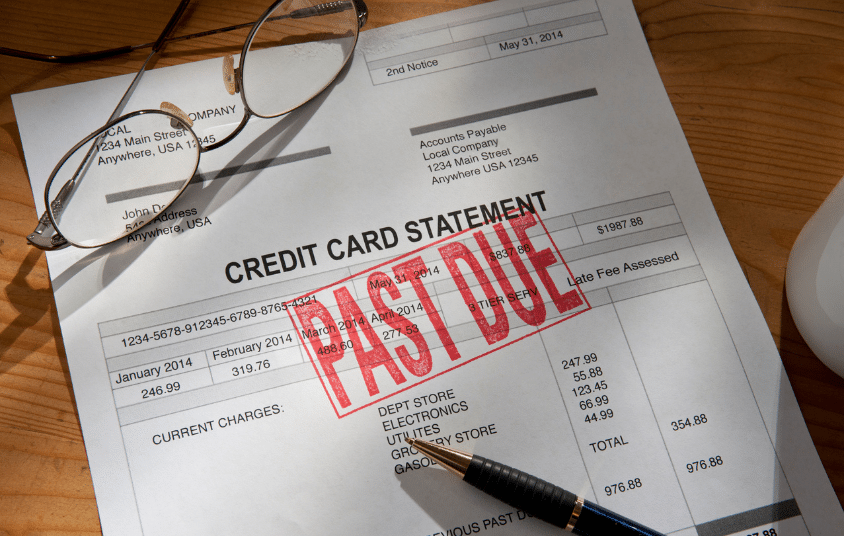Credit cards have become an integral part of our financial lives, making transactions faster and more convenient. However, with the rise of credit card usage, credit card loan scams, and fraud have also become increasingly common. These scams can have devastating consequences on your financial stability and credit score. Therefore, it is crucial to take measures to protect yourself from such fraudulent activities. This includes being vigilant and cautious when sharing personal and financial information, avoiding suspicious emails and phone calls and regularly monitoring your credit report. In this context, it is essential to have a clear understanding of the common credit card loan scams and fraud and the steps you can take to safeguard yourself against them.

Avoid credit card loan scams and protect yourself from fraud:
1. Be cautious when sharing personal and financial information:
Scammers often try to extract personal and financial information through phishing emails, fraudulent phone calls, or fake websites. To avoid such scams, never share your personal information like passwords, social security numbers, or credit card information with unknown or unsolicited sources. Also, avoid clicking on suspicious links in emails or websites, and never download unknown attachments.
2. Monitor your credit reports:
Regularly monitor your credit reports for any signs of fraudulent activity. You can request a free credit report from each of the three major credit bureaus once a year. Review the report carefully and look for any unfamiliar transactions or accounts that you didn’t open. If you find anything suspicious, report it immediately.
3. Check for unusual credit card statements:
Check your credit card statements regularly for any unauthorized transactions or charges that you don’t recognize. If you find anything suspicious, report it immediately to your credit card company. Some scammers may also make small transactions to test if the credit card is active before making larger transactions. So, don’t ignore even small or insignificant transactions.
4. Set up alerts for your credit cards:
You can set up alerts for your credit cards, which will notify you of any unusual or suspicious activity on your card. This will help you to identify any unauthorized transactions and take action quickly.
5. Use strong passwords and enable two-factor authentication:
Use strong and unique passwords for your credit card accounts, and enable two-factor authentication whenever possible. This will make it harder for scammers to access your accounts and steal your information.
6. Be cautious when accessing public Wi-Fi:
Public Wi-Fi networks can be insecure and vulnerable to hacking. Avoid accessing your credit card accounts or making financial transactions on public Wi-Fi networks. Instead, use a secure and private network, or use a virtual private network (VPN) for added security.
Also Read: How To Request A Credit Line Increase?
Bottom line:
In conclusion, protecting yourself from credit card loan scams and fraud requires a combination of awareness, caution, and diligence. Be mindful of the information you share and with whom you share it, regularly monitor your credit reports for any signs of fraudulent activity, and promptly report any suspicious transactions or requests. By taking these measures, you can minimize the risk of falling victim to credit card loan scams and fraud and safeguard your financial stability and credit score. Remember that prevention is always better than cure, so stay alert and take the necessary steps to protect yourself from such scams and fraud.






